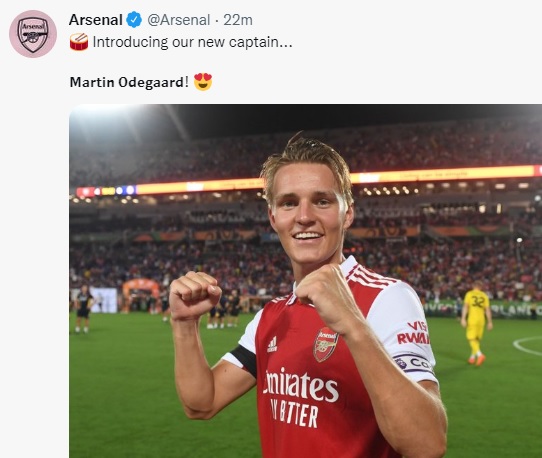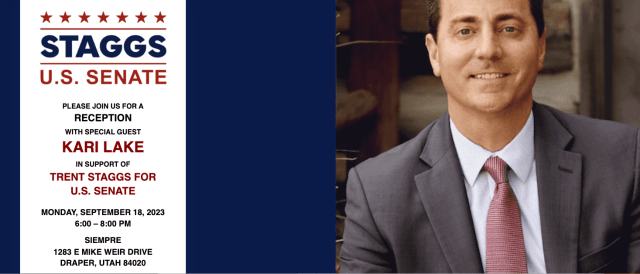
Rational 360, a high-powered Washington, DC-based strategic communications firm and digital agency, promises to use “innovative” means and a network that extends “deep into the Halls of Congress, the White House, and Fortune 500 boardrooms across the country” to advance the “mission-critical goals” of its clients, a roster of corporations, trade associations, military contractors, policy advocates, and others. The company—one of the many inside-the-Beltway firms that crafts messaging and peddles influence—promotes itself as a purely bipartisan operation, though its top leaders are mostly Democrats with White House experience earned during the Clinton and Obama years. Yet despite these Democratic roots, Rational 360 plays the field, having recently set up a company to help elect Republicans, while also creating an offshoot to assist Democratic campaigns. Moreover, it has advised No Labels, a dark-money and self-professed centrist group that is preparing to possibly run a third-party presidential candidate in 2024 in an effort that could help Donald Trump.
With these activities, Rational 360 looks as if it is trying to profit from all partisan sides—right, left, and middle.
The company was formed in 2009 when Rational PR and the Stevens and Schriefer Group, an advertising outfit, created a firm to pitch large corporate clients. The eight partners at the time included Patrick Dorton, who had been a top aide in the Clinton White House and the chief spokesman for Arthur Andersen LLP during the accounting firm’s 2002 collapse, which occurred due to its role in the Enron and Worldcom financial scandals.
Dorton is now the CEO of Rational 360, and the other top officers of the company include notable Democratic veterans. Brian Kaminski, a managing director and co-founder, notes in his company bio that before he joined the firm he “gained communications experience on Capitol Hill in the Office of [Democratic] Senator Barbara Mikulski, in the Office of the First Lady, and at the Democratic National Committee.” Melissa Green, a managing director and senior counsel for the company, was an aide in the Clinton White House and began her career at the political consulting firm of prominent Democrats James Carville and Paul Begala. Joe Lockhart, another managing director, was a press secretary for President Clinton. The firm, true to its bipartisan pitch, also includes officers and staffers with Republican pedigrees.
“People generally think of Rational 360 as a Democratic-run firm, but here they are trying to help Republicans,” says a person familiar with Rational 360’s operations. “And with this arrangement, could they have a candidate on both sides of the same election?”
According to Federal Election Commission data, Rational 360 has done no work for federal candidates or political action committees, except a modest bit of consulting in 2020 for Americans for Tomorrow’s Future, a Republican super PAC, for which it was paid $5,000. But in 2021, it created an offshoot entity to provide digital media services to Democratic candidates—without identifying this group’s link to Rational 360.




